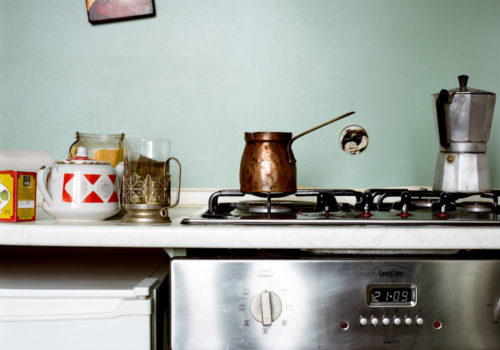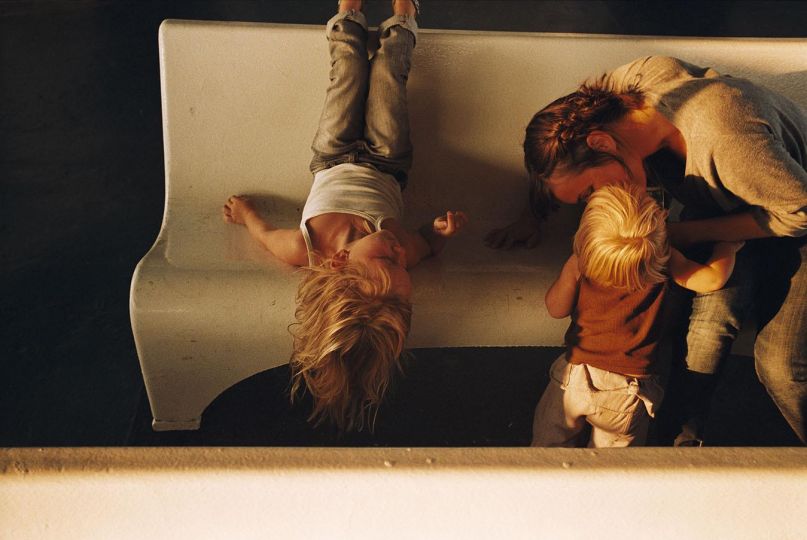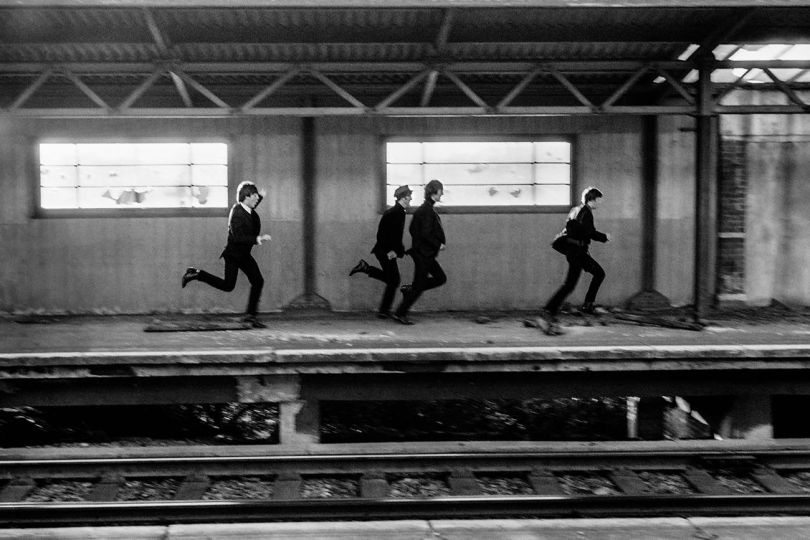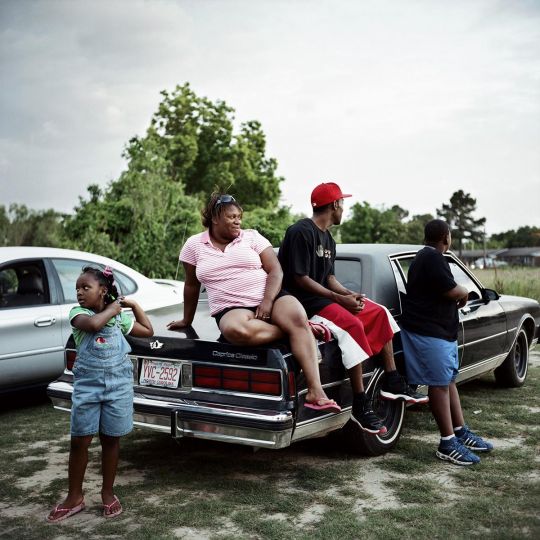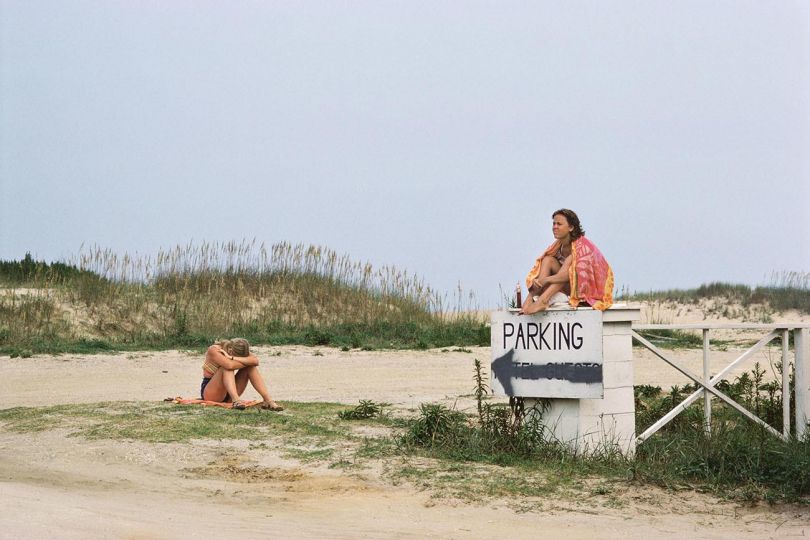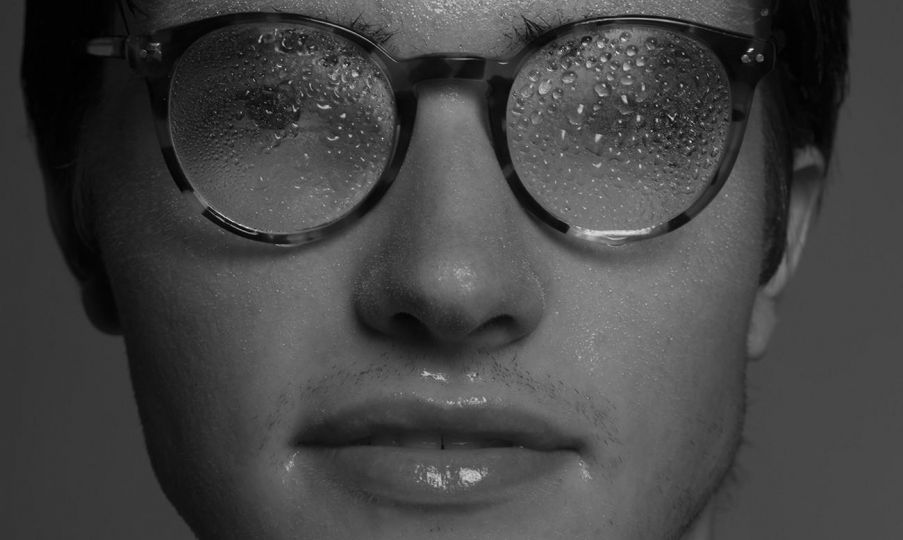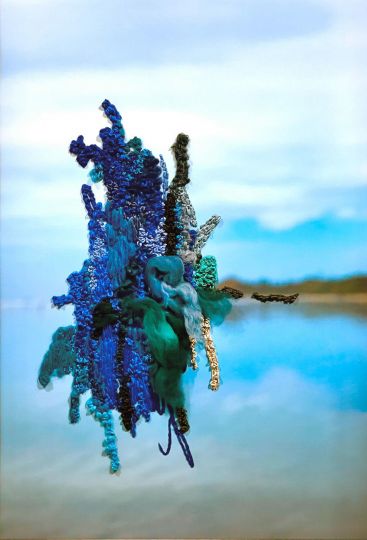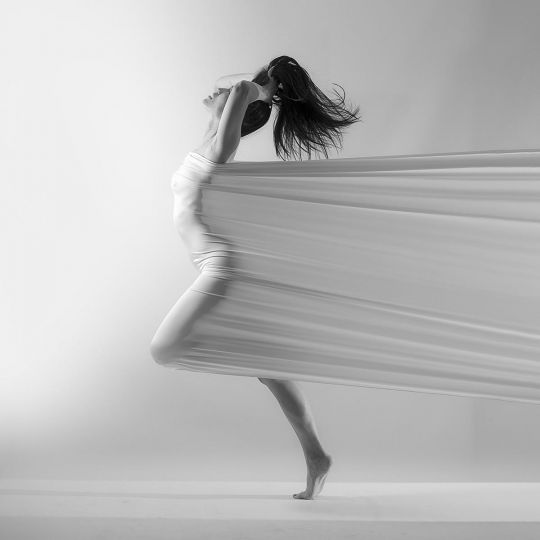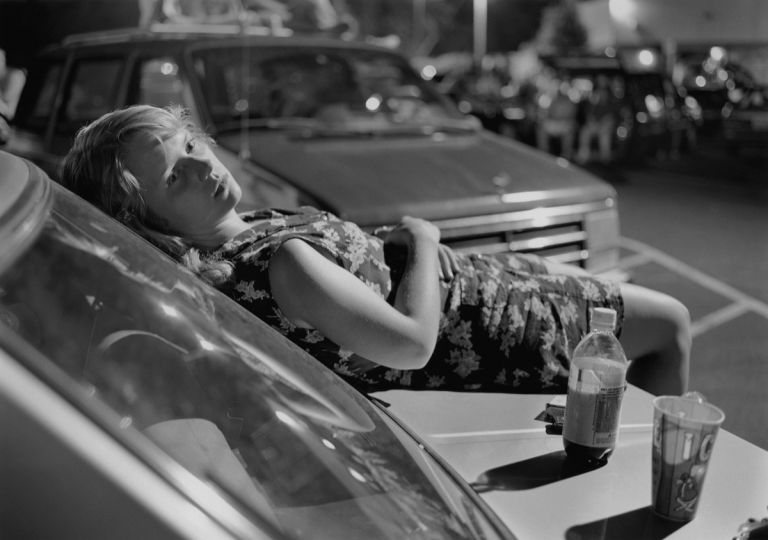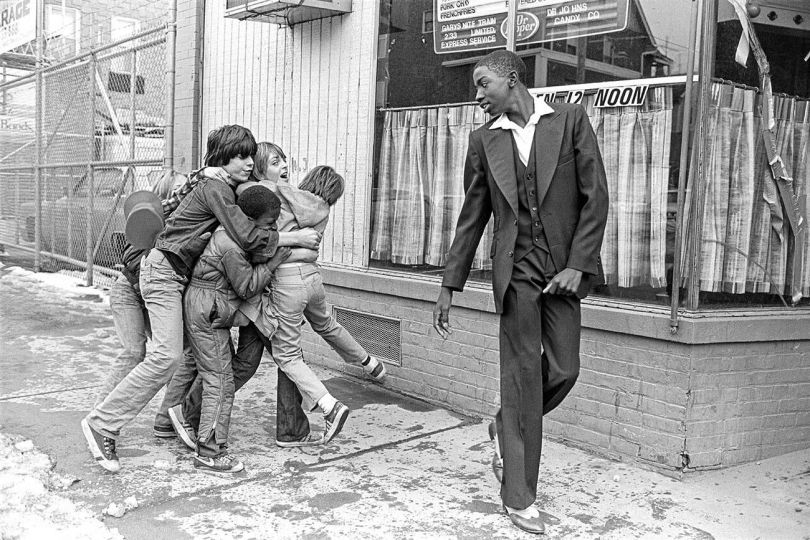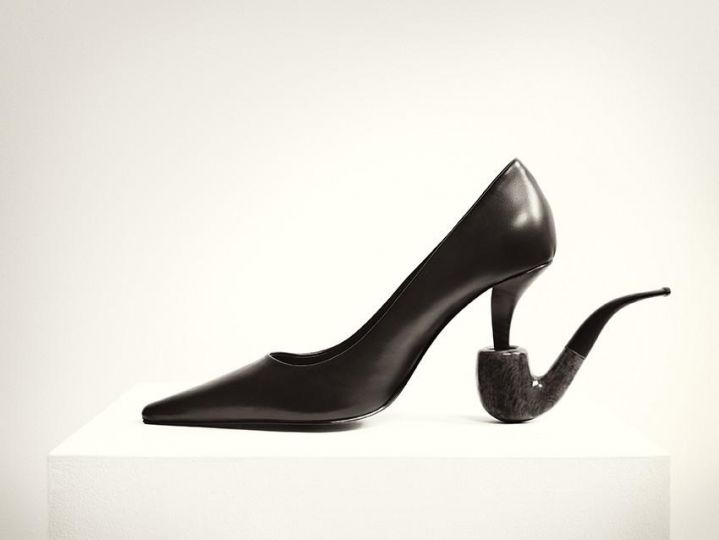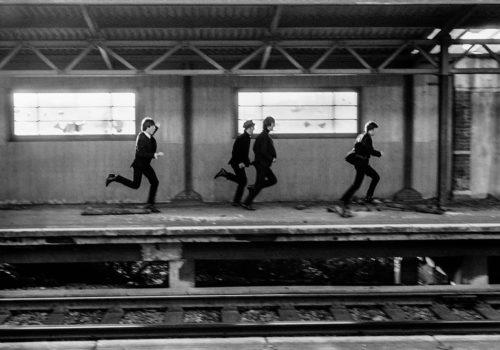I see the life as a patchwork, assembled of numerous unique, irregular and often controversial pieces of circumstances and choices. You can arrange what appears to be unpleasant at first glance into a beautiful composition. You can mix up pretty elements to create a piece of knick-knack. Or form a completely new shape out of incompatible patterns. The end product depends on one’s vision, constructiveness and virtuosity.
My objective is the storytelling. I try to communicate socio- political models and tendencies and examine their consequences for society and culture. Although my work is not a pure fiction and is usually based on existing phenomena, I prefer to stay distant form the strait documentary approach. This allows me to go beyond the plain act of collecting facts and evidences, and freely explore the human being’s nature of self-perception and self-identification.
Eugenia Maximova was born in Ruse, Bulgaria. She graduated from The University of Vienna, reading journalism and communication science. Eugenia Maximova first became interested in photography in 2005 after the sudden death of her mother, a recognized Bulgarian painter. “Looking through the viewer and pressing the camera button helped me to escape the harrowing reality of her loss, to overcome the shock and lessen the burning pain. As time passed, photography became my favored means of communication; a new outlet of creative expression, for how I felt about both myself and my perception of the world around me.” says Eugenia. Eugenia is now inseparable from her coeval Hasselblad 500 C, travelling together around the world in search of comprehension and visual truth.
Kitchen stories from the Balkans
The kitchen room is not only the soul and spirit of the Balkan home; it is also the exact mirror image of the Balkan society. The kitchen impeccably depicts the crossroad position of the so-called Balkan countries and conveys the highly perceptible sense of lost identity in the region. It is an inevitable legacy of the 500 years of Ottoman yoke and another almost 50 years of isolation and captivity behind the iron curtain. There is neither time nor money for “creative” decoration in most of the Balkan homes. Many young families are either forced to live in rented properties (where the rental fee is often higher than an average monthly salary) or live packed like sardines in their parents’ flats- usually located in hopelessly ugly, non-renovated concrete buildings – an omnipresent heritage from the communist era. In many of those homes time seems to stay still.

